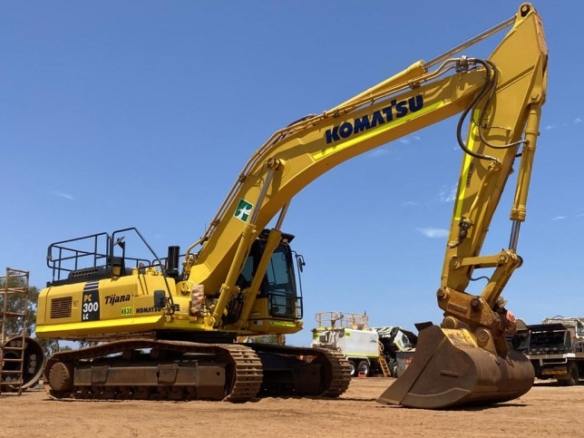Moving can be both exciting and stressful. There are so many logistical details to think about, from packing and transporting your belongings to finding the right company to help you move.
Your budget is among the most vital things you must prioritize when planning to move. Creating a realistic budget for your relocation can help you better manage your costs and avoid making costly mistakes along the way.
Here are six vital factors to consider when creating a budget for your house move.
1. Set a Date and Book Your Move in Advance
The first step when creating a budget for your move is identifying the ideal moving date and booking everything in advance. By scheduling your move ahead of time, you’ll be able to avoid last-minute rush fees that most movers charge for short-notice relocations.
Moreover, early booking allows you enough time to gather quotes from various moving companies. That way, you’ll be able to compare different services and choose one that suits your budgeting needs.
When planning a moving date, consider factors like the time of the year and the day of the week. If you are on a tight budget, you will want to schedule your move for winter or weekdays when the demand for moving services is lower.
2. Get a Quick Estimate Using a Moving Cost Calculator
Before you start looking for a moving company, getting a relocation estimate is essential. But calculating the exact cost of a move can be a complicated process, especially if you haven’t done anything like this before.
Fortunately, you can use an online tool, such as 9kilo’s moving cost calculator, to estimate your relocation expenses quickly. Such estimation tools help automate the calculation of the total cost of your move based on factors such as distance, time of the year, and the size of your shipment.
Once you have a realistic cost estimate, it will be much easier to tell when you are getting a good or bad deal when searching for a relocation company.
3. Factor in Hidden Costs
Sometimes unexpected expenses can pop up during the moving process. For example, you may have to cough up extra bucks if the moving company has to clean your new house before unpacking your items. Other hidden costs you may want to be aware of include storage, parking, cleaning, furniture assembly, and pet boarding fees.
Therefore, prepare for these unforeseen costs by setting aside sufficient funds in your budget to cover them. This can save you from racking up unnecessary debt and allow you more flexibility throughout your move.
4. Get Rid of Unnecessary Items
Some movers set their rates based on the number of boxes you need to transport or the weight of your shipment. So, if you want to keep your moving costs low, consider removing any unnecessary items before moving.
Besides helping you save money, getting rid of things you no longer use is a great way to declutter your home and make it a more exciting place to live. Items you may consider disposing of include old electronics, broken furniture, seasonal clothing, and stacks of books you no longer read.
Ideally, when disposing of unwanted items, follow local disposal regulations to avoid fines. If you plan to donate some of your belongings to charity, check with the organizations you have in mind to find out what they accept first.
5. Take Inventory
Before looking for quotes from movers, you will want to list everything you want to pack and send to your movers. Your inventory should include everything from kitchen items and cleaning supplies to office supplies and personal mementos.
A comprehensive inventory will make it easier for you to estimate the size of your shipment, the packing materials you will need, and the moving costs you can expect to pay.
6. Research Extensively
If you want your moving experience to be stress-free and affordable, you must do plenty of research ahead of time. Start by understanding the amount each mover in your area charges for their services. It would also help if you browsed customer reviews to see each company’s reputation and reliability.
Once you identify a few moving companies that fit your needs, consider scheduling an in-home consultation to get a more accurate cost estimate.




